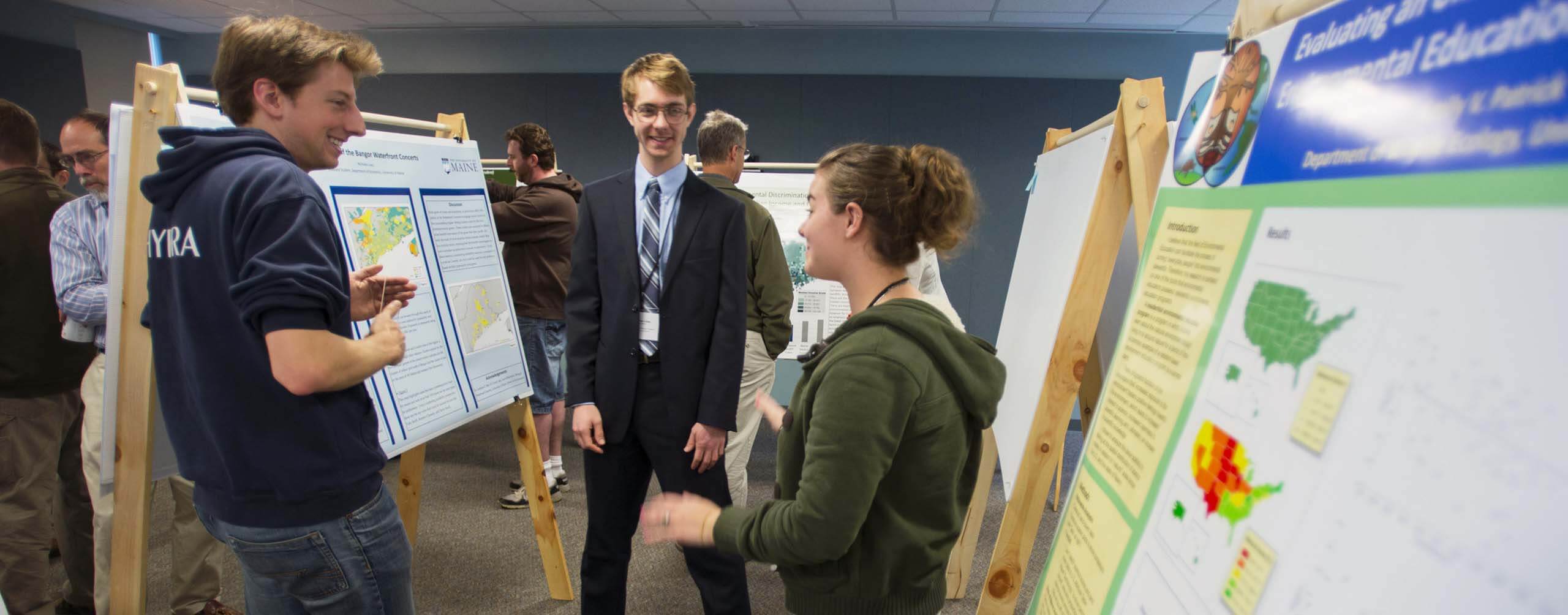
Economics
College of Earth, Life, and Health Sciences
Economics trains students in economic analysis and the functioning of economic institutions. The program emphasizes public economic policy, both domestic and international. Students learn how to critically analyze current business and policy issues in areas such as finance and banking, environmental economics, international trade and economic development.
The School of Economics offers Bachelor of Arts and Bachelor of Sciences degree programs in economics and financial economics, with courses that reflect the strengths of the department and student interests. Our degree programs require students to take a core set of courses, including introductory and intermediate classes in macro- and micro-economics and data analysis.
The program emphasizes the development of analytical and critical thinking skills to solve real problems and courses such as quantitative analysis and forecasting, econometrics and applied economic data analysis provide students with highly relevant skills.
Students work closely with faculty members on a wide variety of research and outreach projects related to sustainability, business development, state and local policy, and renewable energy.
Students learn how to critically analyze current business and policy issues in areas such as environmental economics, international trade, finance and banking, and economic development.
Graduates of the program work in fields such as health care, environmental and energy consulting, finance and banking, and resource and small business management. In addition, we connect students with our alumni who provide networking opportunities and professional-development mentoring.
The School of Economics is home to many award-winning faculty who are recognized internationally for high-quality instruction and research. Faculty are innovative in their use of technology and other tools to enhance student learning. Several faculty have been involved in extensive study and analysis of best-practices for teaching and assessment.
Our faculty take an active role in student advising with a shared goal of enhancing the student’s professional development. Faculty have active research programs yielding plenty of opportunities for independent research, and paid research assistantships. Our faculty are regularly called upon by federal and state officials, media outlets and government and nonprofit organizations to share their expertise.
Students can engage with a wide variety of research and outreach projects related to sustainability, business development, state and local policy, and renewable energy.
Students who choose to enter the job market with a degree in economics can expect to find well-paying jobs. Economics is listed by PayScale Inc. and Kiplinger as one of the 10 best college degrees because of high salaries and job growth.
Travis Blackmer
Undergraduate Program Coordinator
207.581.3155
travis.blackmer@maine.edu
Economics
College of Earth, Life, and Health Sciences
Winslow Hall, Room 206
207.581.3154
